When Books Went to War (21 page)
Read When Books Went to War Online
Authors: Molly Guptill Manning

Â
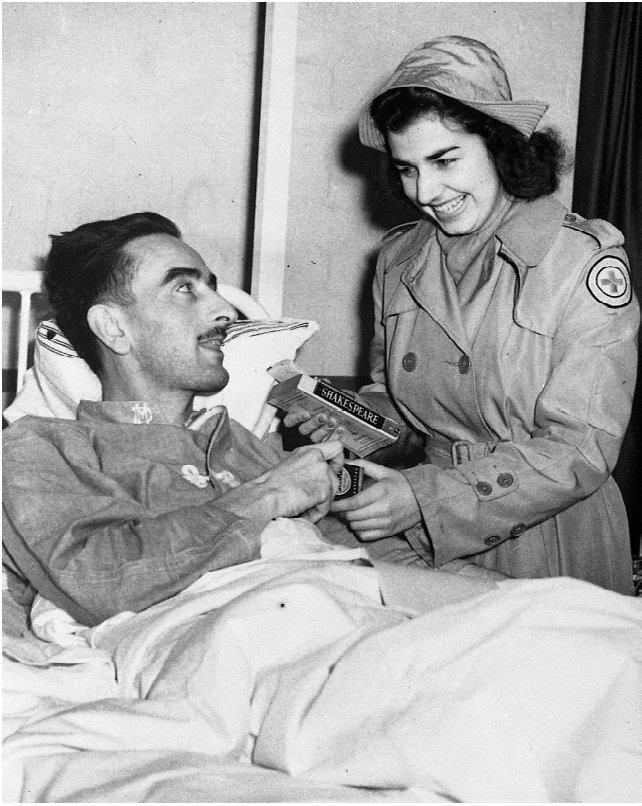
Â
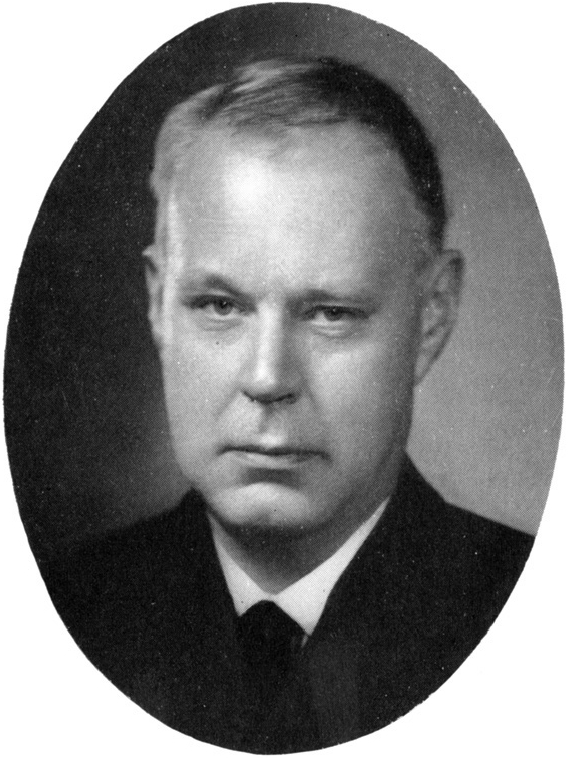
Â
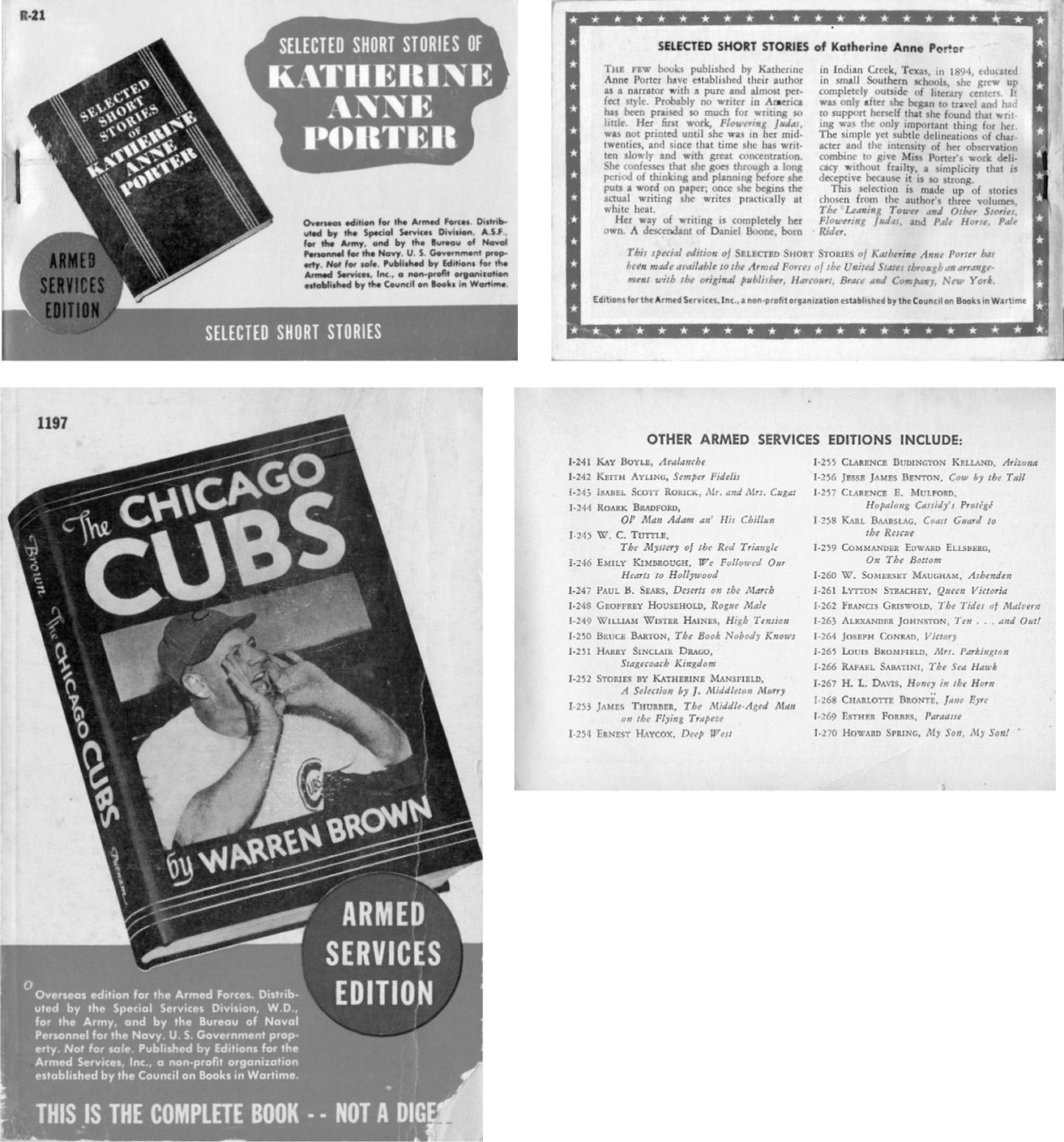
The Chicago Cubs
, were printed in upright format. The front cover of each ASE had a thumbnail image of the hardcover edition, the back cover described the book, and the inside back cover included a list of that month's titles.
Â
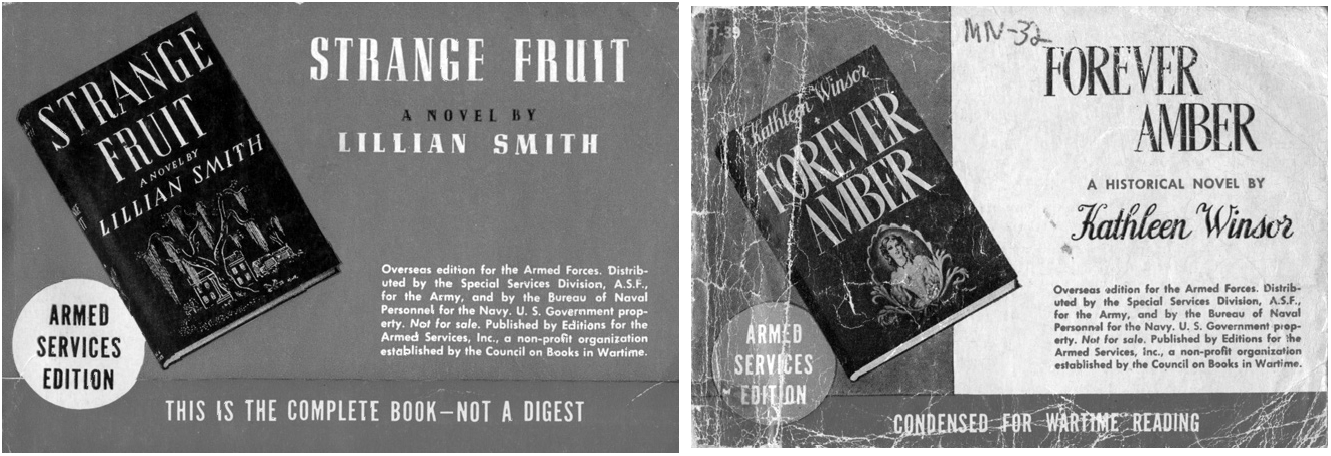
Strange Fruit
and
Forever Amber
, as they contained sex scenes considered so indecent that they were banned in Boston. “If you've ever seen books that were completely worn out by reading,” one serviceman said, “it was the copies of
Forever Amber
.”
Â
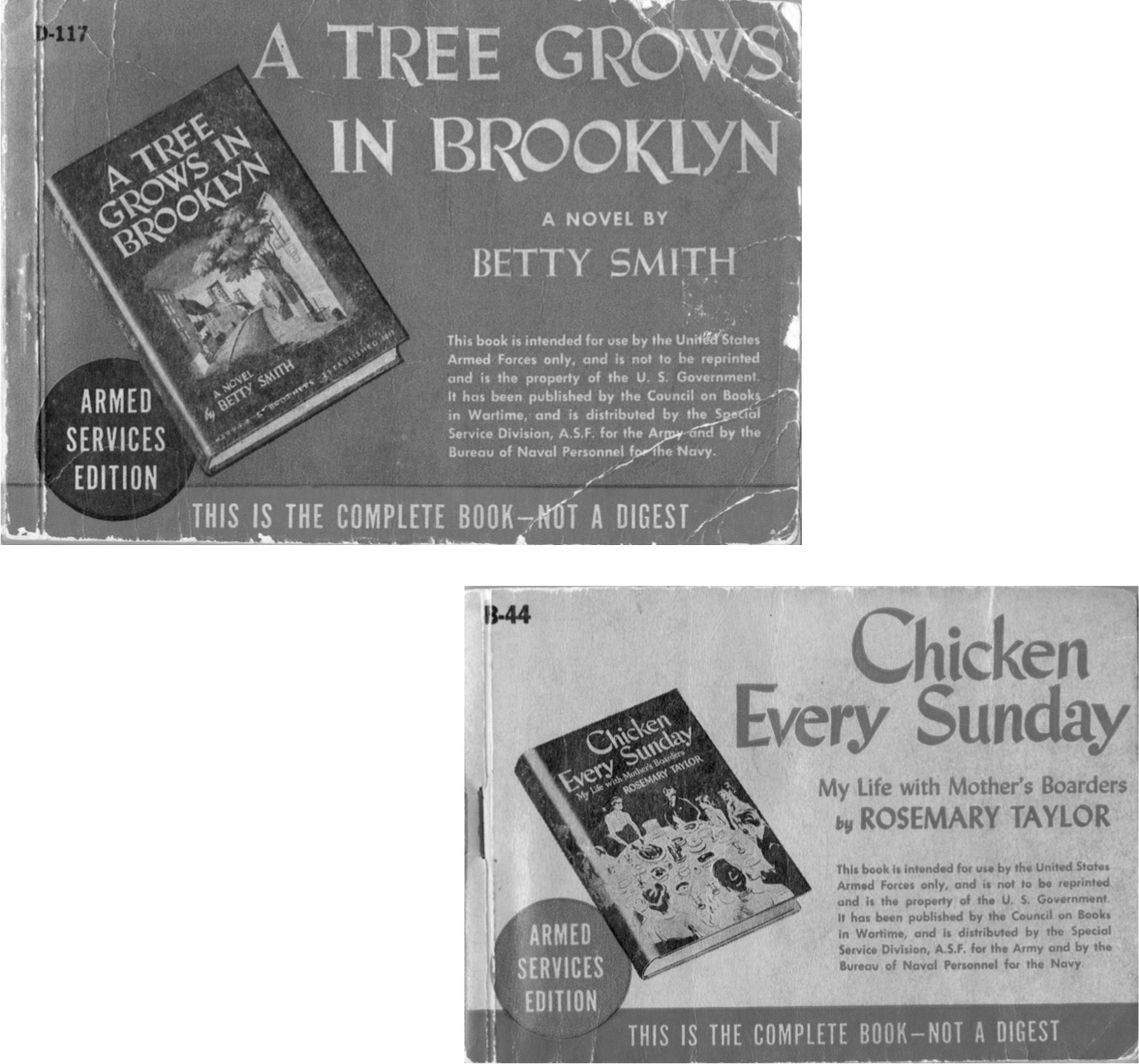
A Tree Grows in Brooklyn
and Rosemary Taylor's
Chicken Every Sunday
were beloved for their wholesome accounts of American life. They were compared to taking a leave or receiving a good letter from home.
Â
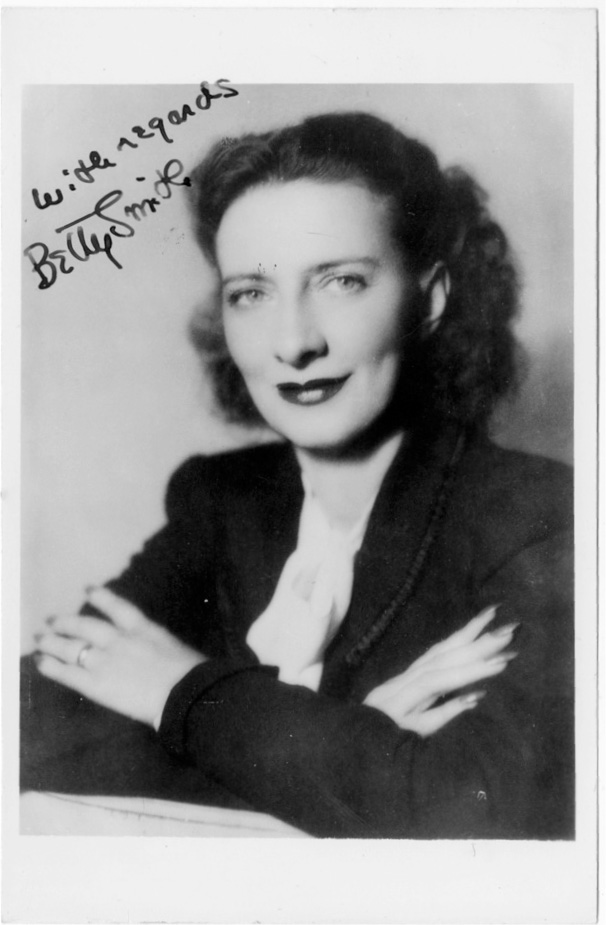
Â
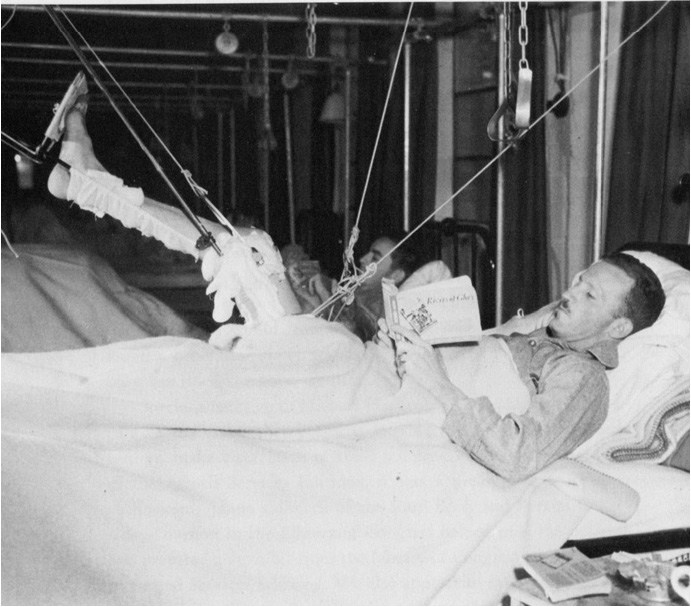
Â
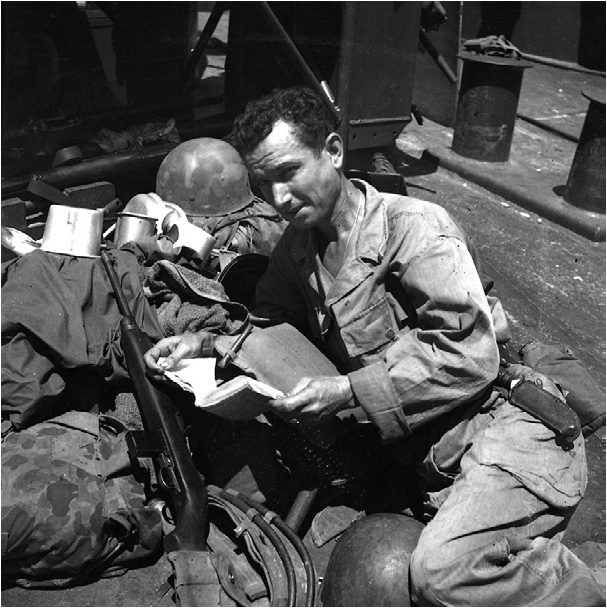
Â
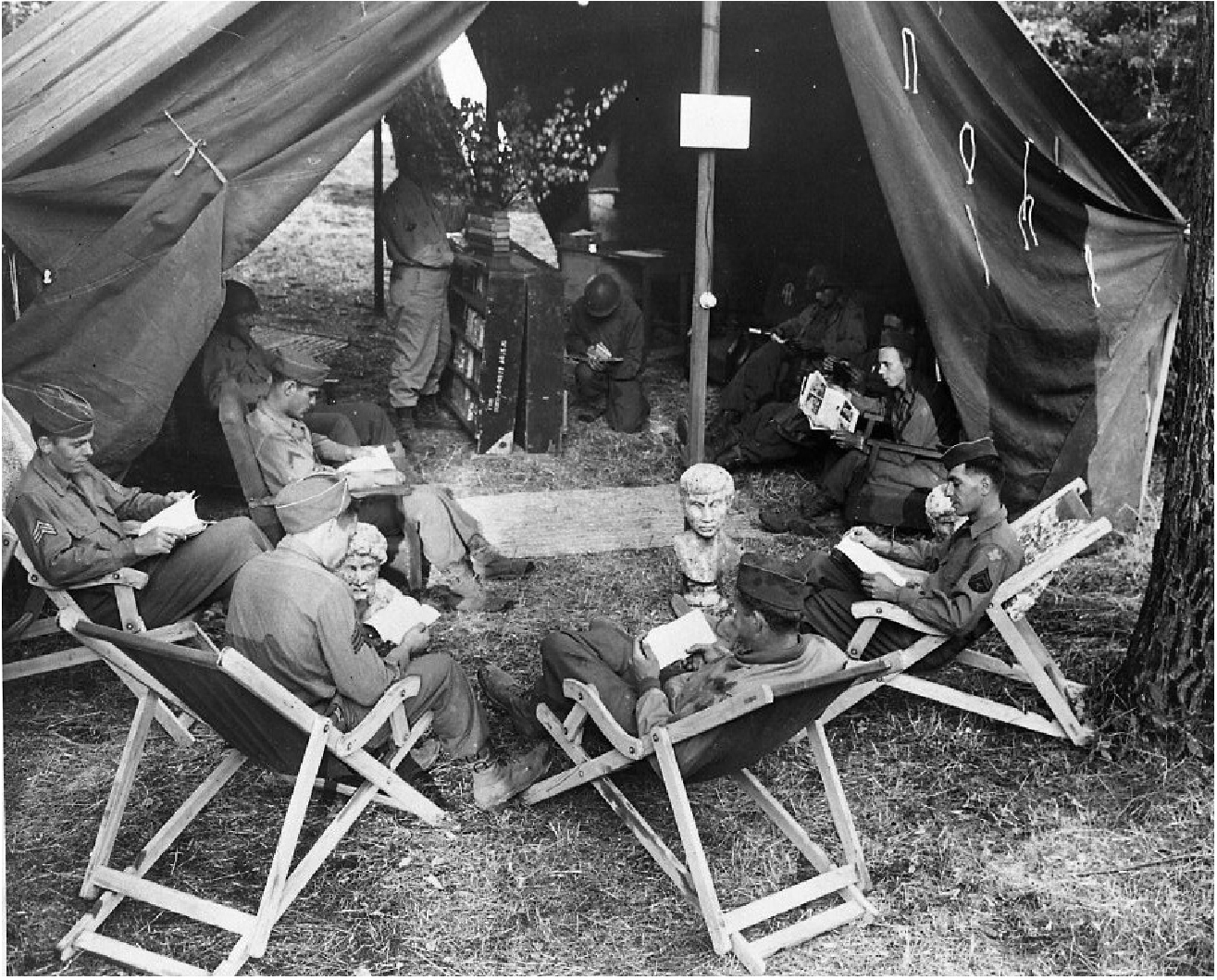
Â
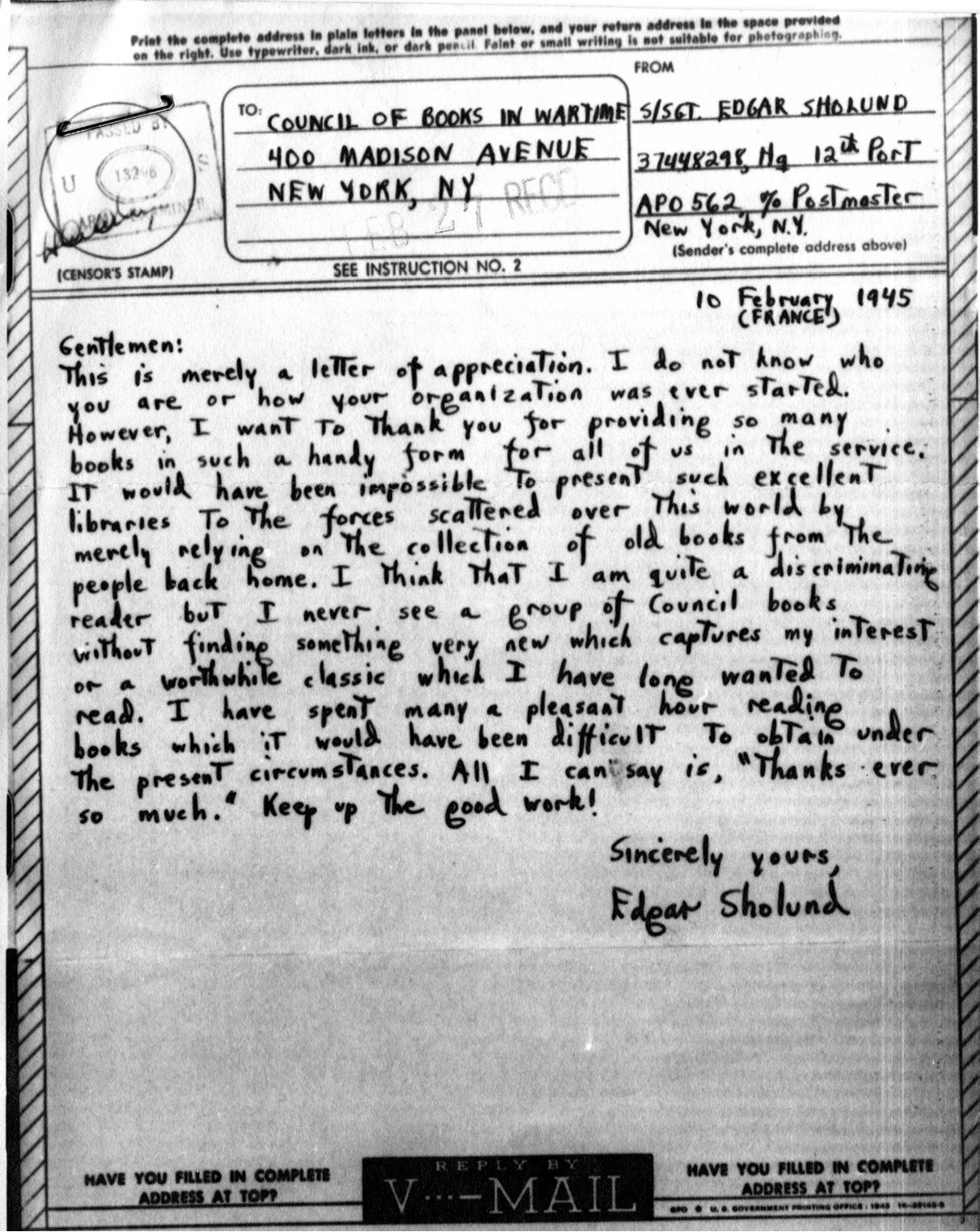
NINE
There were people who cared for him and people who didn't, and those who didn't hate him were out to get him . . . But they couldn't touch him . . . because he was Tarzan, Mandrake, Flash Gordon. He was Bill Shakespeare. He was Cain, Ulysses, the Flying Dutchman; he was Lot in Sodom, Deidre of the Sorrows, Sweeney in the nightingales among trees.
Â
â
JOSEPH HELLER
,
CATCH
-22
Â
A
S AMERICANS TAUNTED
death and marched toward victory in Europe in 1945, they were carrying tens of thousands of copies of titles that were forbidden in the lands they walked on. Many authors outlawed by Germany made an appearance by way of the ASEs. American servicemen toted Ernest Hemingway's
Selected Short Stories
; Jack London's
Sea-Wolf
,
White Fang
,
The Cruise of the Snark
, and
The Call of the Wild
; and Voltaire's
Candide
. Later editions of ASEs included Thomas Mann's
Selected Short Stories
; Stefan Zweig's
The Royal Game
; H. G. Wells's
The Time Machine
,
The Island of Dr. Moreau
,
The War of the Worlds
, and
The Food of the Giants
; and Erich Maria Remarque's
The Arch of Triumph
. What weapons could be more fitting for the liberation of a continent than the very books that had been banned and burned there?